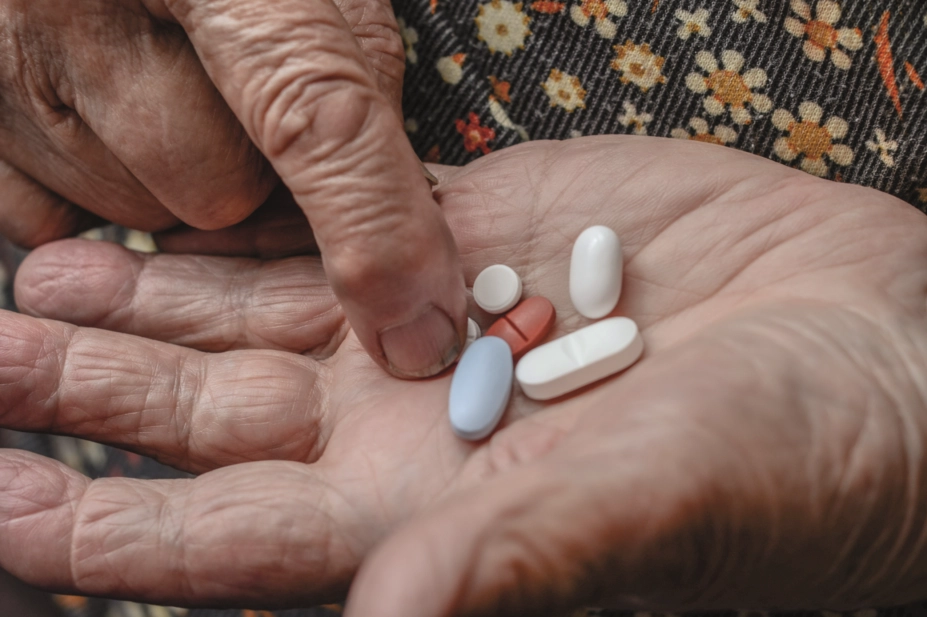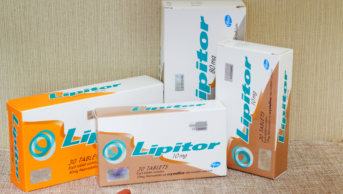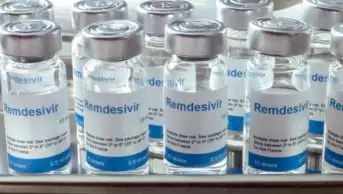
The Pharmaceutical Journal
Medication-related harm (MRH) affects one in three older adults and incurs an annual cost of around £400m to the NHS, most of which is attributable to hospital readmissions, a study has found[1]
.
In the first UK study to investigate medication harm in older adults following hospital discharge, researchers recruited over 1,000 older adults, with a median age of 82 years, discharged from five teaching hospitals in the south of England.
The participants were followed up for eight weeks by senior research pharmacists using three sources of data: hospital readmission reviews, participant and/or carer telephone interviews, and primary care records, in order to identify MRH and associated use of healthcare resources.
MRH was defined as an adverse drug reaction or harm arising from a failure to receive medication due to non-adherence.
Of the 1,116 participants included in the final cohort, 413 (37%) experienced MRH, representing 556 events per 1,000 participants over an eight-week timeframe. Three hundred and thirtyâ€six (81%) cases were serious, and 214 (52%) were potentially preventable.
Over 70% of these events were attributable to medicines prescribed at hospital discharge, with the remainder prescribed in the community.
Adverse drug reactions (ADRs) were solely responsible for MRH in 301 of the 413 cases (73%), non-adherence in 45 cases (11%) and a medication error in 14 cases (3%). In five cases patients experienced harm from both an ADR and a medication error, and in 48 cases harm was due to both an ADR and non-adherence.
Four participants (1%) experienced a fatal event associated with MRH: one following a fall, one from a major gastrointestinal bleed, one from a stroke, and one from a lower respiratory tract infection.
The main body systems affected by MRH were gastrointestinal (25%) and neurological (18%), and the most common events were diarrhoea, constipation, falls and bleeding.
The medicines most associated with harm were opiates, antibiotics and benzodiazepines.
The researchers classified the MRH as “definitely” preventable in 44 cases and “possibly” preventable in 170 of cases.
In terms of costs, the researchers calculated that the cumulative NHS cost over the 8-week period after hospital discharge was £225,747, an average cost per participant with MRH of £546.60. Hospital readmissions accounted for 93% of total costs.
They estimated that the annual cost to the NHS of MRH post-discharge in older adults was £395.5m and the cost of preventable MRH was between £51.6m and £243.4m per year.
The authors concluded that, given the high proportion of preventable MRH in the study, there was “considerable scope for improving patient safety”.
“As the use of medicines in the ageing population is rapidly increasing, it’s vital that we improve awareness among clinicians of the harm that medicines commonly cause,” said Chakravarthi Rajkumar, senior investigator on the study and chair of geriatrics and stroke medicine at Brighton and Sussex Medical School.
“The risk-to-benefit analysis is particularly complex in the older population. Any decision to prescribe medicines should be made in close collaboration with patients and carers, with a tentative stop date and with monitoring of correct usage and adverse reactions,” he added.
References
[1] Parekh N, Ali K, Stevenson J et al. Incidence and cost of medication harm in older adults following hospital discharge: a multicentre prospective study in the UK. Br J Clin Pharmacol 2018. doi: 10.1111/bcp.13613


